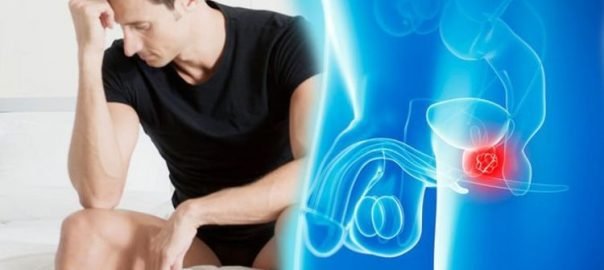The prostate is a glandular organ that constitutes an important part of the male reproductive organs. It is about the size of a walnut (although this size increases with age) and surrounds the urethra, the tube located just below the bladder. Among the procedures that exist to treat the ailments of this organ, prostate laser surgery is the best alternative.
Although the enlargement of the prostate is part of a person’s development, an abnormal enlargement (which can only be evaluated by a urologist in Ghaziabad) can cause various problems. The potential for prostate disease is relative to age; For example, an enlarged prostate is very common after the age of 50, while before the age of 50, the most common problem is prostatitis.
A less common problem is prostate cancer.
The first step in the treatment of prostate symptoms, according to considerations that can only be established by a urologist in Noida, is oral medication. If said treatment fails or complications appear, then prostate surgery becomes necessary, which may consist of the classic technique of transurethral resection or open surgery; however, there is currently a third minimally invasive alternative that takes advantage of the latest technology and cutting-edge techniques; prostate laser surgery.
When there is prostate enlargement, also known as Benign Prostatic Hyperplasia (BPH), which cannot be treated by non-surgical procedures, the procedure to follow is prostate resection, which consists of removing part of the gland. The best minimally invasive treatment for this case is laser surgery.
Laser prostate surgery is a brief procedure that takes about an hour and does not require any incisions. A laser with an optical fiber specially designed for this application is used. The union of both is introduced through the urethra. The laser destroys prostate tissue that blocks the opening of the urethra (and causes some of the symptoms such as difficulty urinating, weak urination, and frequent urination).
The main advantages of prostate laser surgery for treatment are the following:
- The patient does not need a stay longer than 24 days in the clinic
- The procedure shows immediate relief
- Allows a vaporization of 2 grams of tissue per minute
- A Foley catheter is required to help drain urine, however this is for a short time
- Minimal risk of urinary incontinence and/or erectile dysfunction
Faced with any urological problem, it is important to immediately consult the best urologist in Ghaziabad who is the only one who can assess the situation to determine the best plan of action.

